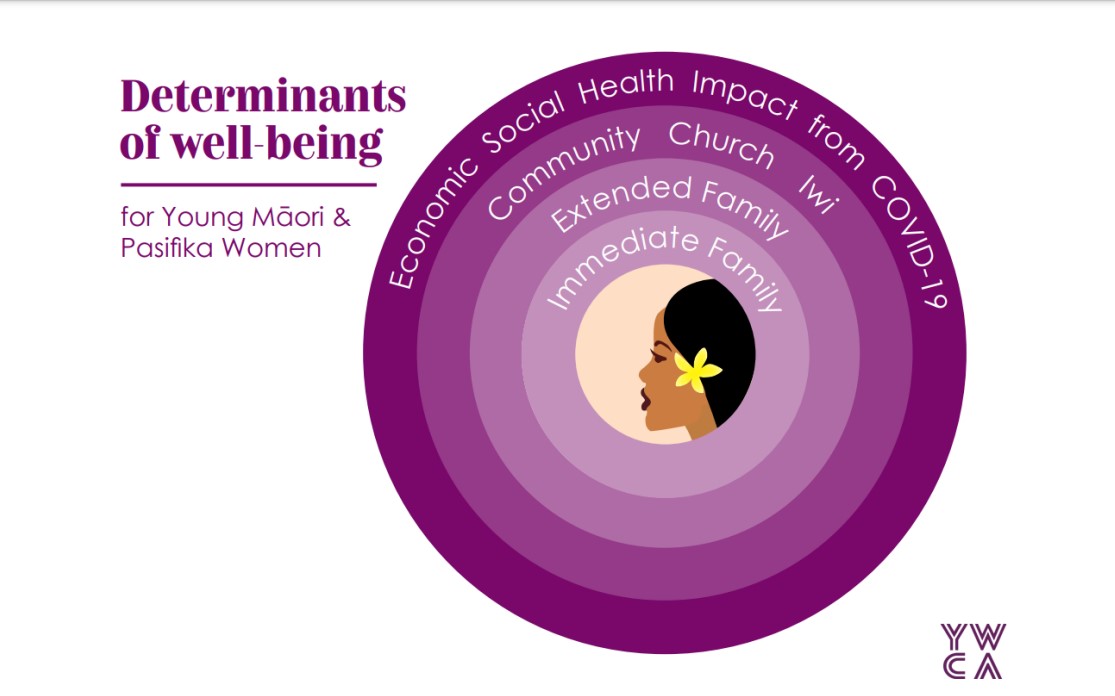Children as decision makers: the Hayman Park community project in Aotearoa New Zealand
Abstract
Introduction: Our study explores the efficacy of community consultation in redesigning the Hayman Park playground from a community perspective. Hayman Park is located in Manukau City centre in the south of New Zealand’s capital city, Auckland. It has a mixed community of Pasifika, Māori and other ethnic groups with a younger demographic than the average.
Methods: We used a qualitative approach to examine participants’ perceptions. Of the 27 adults (N = 27) who participated, three (n = 3) were available for one-on-one, face-to-face interviews post project. Two transcripts recorded during focus group activities involving 27 children (N = 27) were also analysed. We found that six (n = 6) children expressed opinions during their involvement. Their views, alongside those of adults, were parsed into emergent categories and themes.
Results and Discussion: We identified three themes: health and well-being; community and individual needs; and the effectiveness of community partnership. Responses from both adults and children indicated that participants felt they had achieved better health and well-being. Feedback showed significant gains in knowledge and awareness. However, participants wanted a deeper relationship with project leaders.
Conclusion: We conclude that the Hayman Park project is a good example of how involving local communities in designing the spaces they live in can engender positive outcomes. However, the project did not fulfil participants’ desire for more meaningful engagement with the leading stakeholders.
Copyright (c) 2021 Pornchanuch Chumpunuch, Margaret Hinepo Williams

This work is licensed under a Creative Commons Attribution 4.0 International License.


